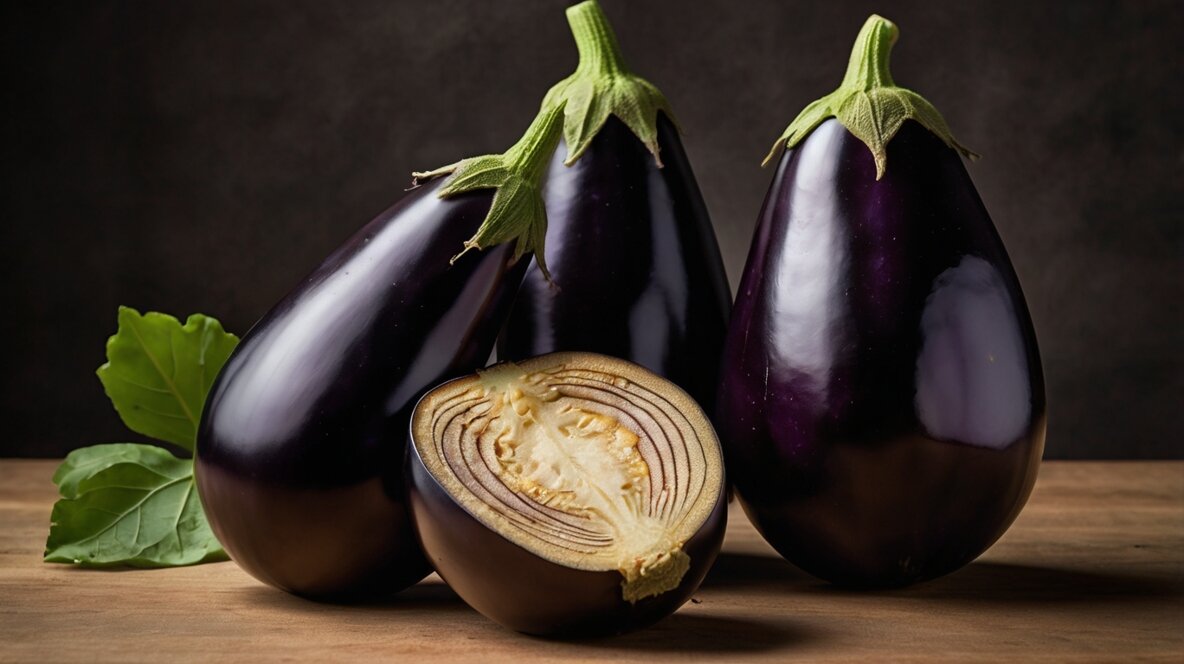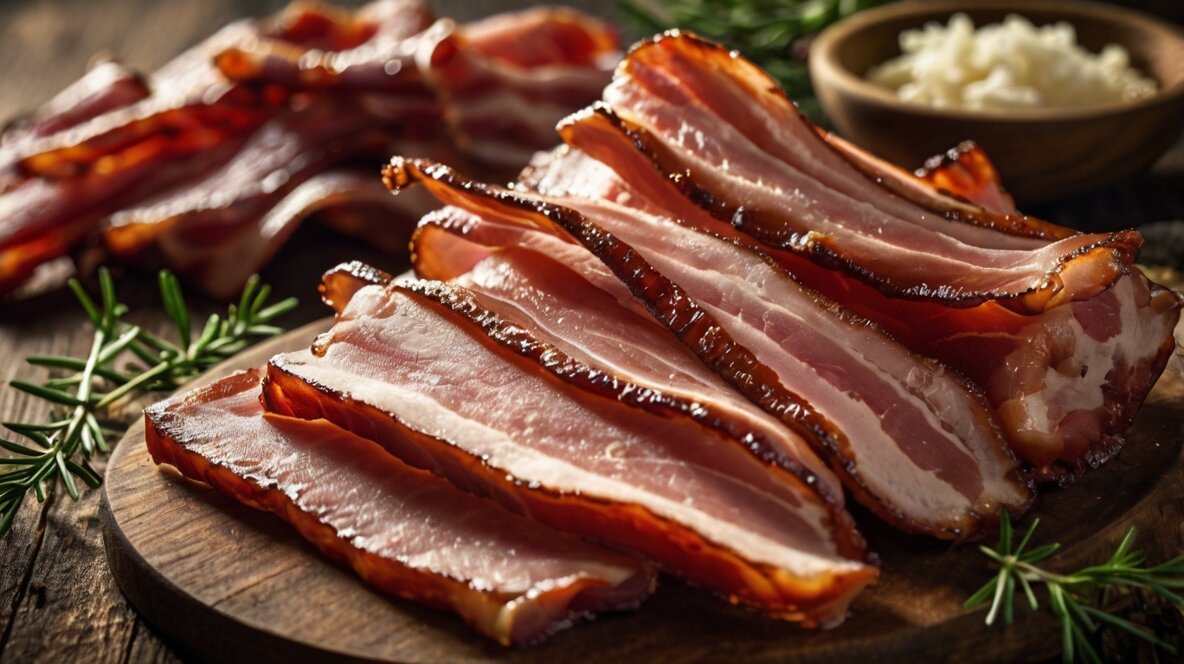Table of Contents
Twizzlers, with their vibrant colors and chewy texture, are a popular treat for humans. However, when it comes to our beloved pets—cats and dogs—these seemingly harmless candies can pose serious health risks. In this article, we’ll explore why Twizzlers are dangerous for pets, the potential health issues they can cause, and safer alternatives to consider. By the end of this guide, you’ll have a clear understanding of why keeping Twizzlers away from your pets is essential for their well-being.
The Ingredients in Twizzlers: What’s Harmful for Pets?
Twizzlers might be a delightful snack for people, but their ingredients can be harmful to pets. Let’s break down some of the main components and how they affect cats and dogs:
1. Sugar Content
Twizzlers are loaded with sugar, which can be detrimental to your pet’s health. Excessive sugar intake can lead to obesity, diabetes, and dental problems in both cats and dogs. Unlike humans, pets’ bodies are not designed to process large amounts of sugar, making it even more dangerous for them.
2. Artificial Sweeteners
Some Twizzler varieties may contain artificial sweeteners like xylitol, which is extremely toxic to dogs. Even small amounts of xylitol can cause rapid insulin release, leading to hypoglycemia (low blood sugar), seizures, liver failure, or even death in dogs. While xylitol is not toxic to cats, it’s still a substance they should avoid.
3. Corn Syrup and High Fructose Corn Syrup
Corn syrup and high fructose corn syrup are common ingredients in Twizzlers. These syrups are high in sugar and can contribute to weight gain and insulin resistance in pets. Additionally, they offer no nutritional value, making them empty calories that can lead to long-term health problems.
4. Artificial Colors and Flavors
Twizzlers are known for their bright colors, which are the result of artificial dyes. These dyes can cause allergic reactions in some pets, leading to skin irritations or digestive issues. The artificial flavors used in Twizzlers can also be problematic, as they may contain chemicals that are harmful to pets.
The Dangers of Twizzlers for Cats and Dogs
1. Choking Hazard
Twizzlers have a chewy, sticky consistency that can easily become lodged in a pet’s throat, leading to choking. This is particularly dangerous for smaller dogs and cats, who may not be able to dislodge the candy on their own.
2. Digestive Issues
The high sugar content and artificial ingredients in Twizzlers can wreak havoc on a pet’s digestive system. Ingesting these candies can lead to vomiting, diarrhea, and abdominal pain. For pets with sensitive stomachs, even a small piece of Twizzler can cause significant discomfort.
3. Risk of Pancreatitis
Pancreatitis is a condition where the pancreas becomes inflamed, and it can be triggered by a high-fat or high-sugar diet. Feeding Twizzlers to your pets can increase their risk of developing pancreatitis, which can be a life-threatening condition requiring immediate veterinary care.
4. Toxicity from Artificial Sweeteners
As mentioned earlier, artificial sweeteners like xylitol are extremely toxic to dogs. Even in small quantities, xylitol can cause severe health issues, including liver failure. It’s crucial to keep any candy containing xylitol far out of reach of your pets.
Safe Alternatives to Twizzlers for Pets
As a responsible pet owner, it’s important to offer your pets treats that are both safe and nutritious. Here are some healthier alternatives to Twizzlers that your pets will love:
1. Fresh Fruits and Vegetables
Many fruits and vegetables are safe for pets and can make for excellent treats. For dogs, options like apple slices (without seeds), carrots, and green beans are great choices. Cats may enjoy small pieces of cooked pumpkin or steamed broccoli. Always ensure that the fruits and vegetables are safe for your specific pet before offering them.
2. Pet-Specific Treats
There are many treats available that are specifically designed for pets, made with ingredients that are safe and healthy for them. These treats often come in flavors that appeal to pets, such as chicken, beef, or fish and do not contain harmful ingredients like artificial sweeteners or excessive sugar.
3. Homemade Pet Treats
If you enjoy cooking, consider making homemade treats for your pets. You can find numerous recipes online that use pet-safe ingredients, such as peanut butter (free of xylitol), pumpkin, oats, and sweet potatoes. Homemade treats allow you to control the ingredients and ensure that your pets are getting a healthy snack.
4. Freeze-Dried Meat Treats
Freeze-dried meat treats are a high-protein, low-calorie option that pets love. These treats are often made with a single ingredient, such as chicken or beef, and are free from additives and preservatives. They provide a nutritious alternative to sugary snacks like Twizzlers.
What to Do If Your Pet Eats Twizzlers
Accidents happen, and your pet may get into a bag of Twizzlers despite your best efforts. If this occurs, it’s important to know what steps to take:
1. Assess the Situation
Determine how much Twizzler your pet has eaten and monitor them closely for any signs of distress. Symptoms of candy ingestion can include vomiting, diarrhea, lethargy, or signs of choking.
2. Contact Your Veterinarian
If your pet shows any signs of illness or if you’re unsure about the amount they’ve consumed, contact your veterinarian immediately. They can guide the best course of action, which may include bringing your pet in for an examination.
3. Prevent Future Incidents
To avoid future incidents, keep all candy and other harmful foods out of your pet’s reach. Consider storing treats in sealed containers and placing them in high cabinets where your pets cannot access them.
Conclusion
While Twizzlers might be a fun treat for humans, they are far from safe for our pets. The high sugar content, artificial ingredients, and potential choking hazards make them a dangerous choice for cats and dogs. As pet owners, it’s our responsibility to provide our furry friends with treats that are both safe and nutritious. By choosing healthier alternatives and keeping harmful foods out of reach, we can ensure that our pets live long, happy, and healthy lives.
Frequently Asked Questions (FAQ)
1. Can Twizzlers kill a dog?
Twizzlers can pose significant health risks to dogs, especially if they contain artificial sweeteners like xylitol, which is highly toxic. While a small amount may not be fatal, ingestion can lead to serious health issues such as vomiting, diarrhea, and in severe cases, pancreatitis or xylitol poisoning. If your dog consumes Twizzlers, it’s important to contact your veterinarian immediately.
2. Are Twizzlers harmful to cats as well?
Yes, Twizzlers can be harmful to cats. The high sugar content, artificial colors, and flavors in Twizzlers can cause digestive issues and other health problems in cats. While they may not be as toxic as they are to dogs, it’s still best to avoid giving Twizzlers to your cat.
3. What should I do if my pet accidentally eats Twizzlers?
If your pet accidentally eats Twizzlers, monitor them closely for any signs of distress, such as vomiting, diarrhea, or lethargy. Contact your veterinarian immediately for guidance, especially if you’re unsure how much they consumed. In cases of severe symptoms, seek emergency veterinary care.
4. What are some safe treat alternatives to Twizzlers for pets?
Safe treat alternatives for pets include fresh fruits and vegetables like apple slices (without seeds), carrots, and green beans for dogs, and small pieces of cooked pumpkin or steamed broccoli for cats. You can also offer pet-specific treats or homemade snacks made with pet-safe ingredients like peanut butter (free of xylitol) and pumpkin.
5. Why is xylitol so dangerous for dogs?
Xylitol is an artificial sweetener commonly found in sugar-free gum, candies, and some types of Twizzlers. It causes a rapid release of insulin in dogs, leading to hypoglycemia (low blood sugar), seizures, liver failure, or even death. Even small amounts can be extremely dangerous, so it’s crucial to keep products containing xylitol away from dogs.



